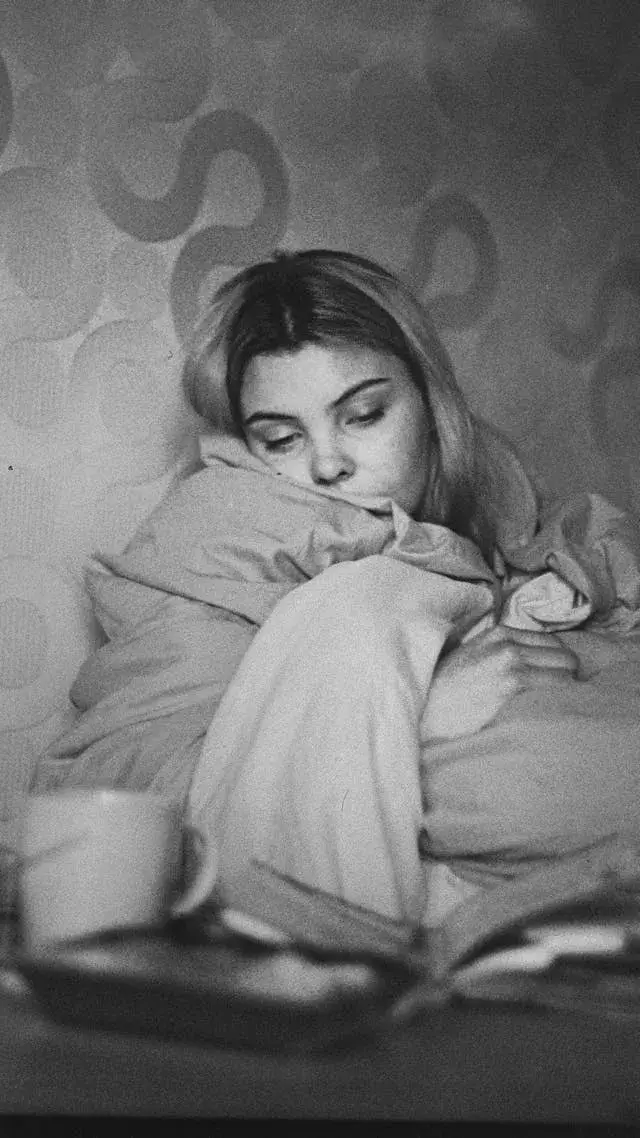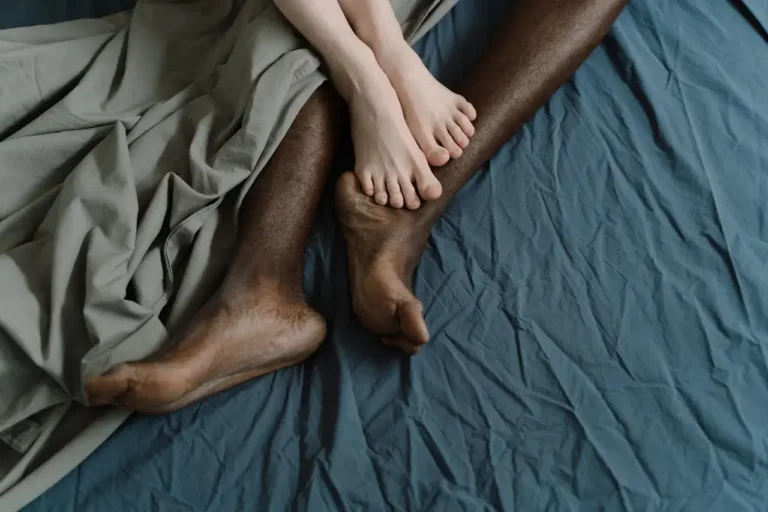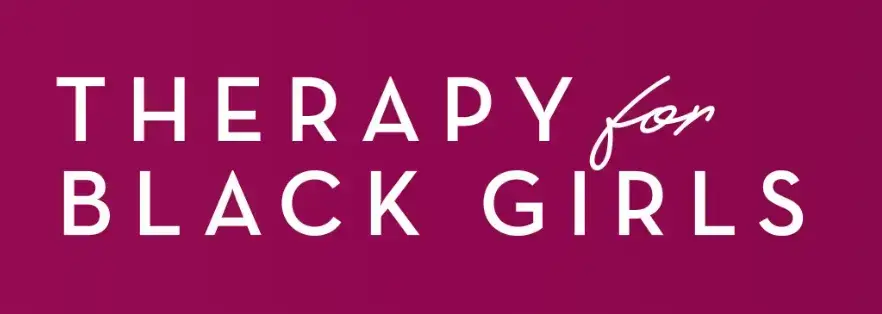Sober Curious:
Rethinking Drinking Culture & Alcohol Use
Leave Your Info
Follow Us on Social 😊🧠
The sober curious movement has been quietly gaining momentum in recent years, and for good reason. It’s a lifestyle choice that encourages individuals to be mindful about their drinking, and question if drinking culture is something they want as a part of their lifestyle. Questioning the role of alcohol in their lives, and looking at drinking behavior gives sober curious people the ability to integrate healthier habits as well as more fulfilling experiences. Yes, sober curious people still have fulfilling social lives!
Here, we explore the nuances of this growing trend, its implications on personal health and societal norms, and how you can start on your own, sober curious journey.
Meaning of Sober Curious
The term “sober curious” was popularized by Ruby Warrington in her 2018 book “Sober Curious.” It’s a movement that encourages people to question the pervasive drinking culture and consider the health and social benefits of reducing or eliminating alcohol. Being sober curious means you’re open to the idea of not drinking, not because you have to, but because you’re curious about how it might positively impact your life. It’s about making a conscious choice rather than succumbing to societal pressures or habits.
Benefits of Being Sober Curious
Choosing a sober curious lifestyle can lead to numerous health benefits. These include improved sleep quality, higher energy levels, better digestion, and clearer skin. Additionally, reducing alcohol intake can lead to better mental health, with fewer instances of exacerbated anxiety and depression. Over time, individuals may also notice a decrease in the risk of developing chronic diseases associated with heavy drinking, such as liver disease, heart disease, and certain types of cancer. Beyond physical health, many report improved relationships, greater productivity, and a newfound sense of clarity and purpose.
Growing Interest in The Sober Curious Lifestyle
The interest in sober curiosity is growing for several reasons. Increasing awareness of mental health and its connection to substance use, a cultural shift towards wellness and self-care, and the desire for more authentic social connections are all fueling this movement. People are seeking ways to break free from the traditional “work hard, play hard” mentality that often glorifies excessive drinking. Additionally, as more individuals share their positive experiences with reducing alcohol, others are inspired to try it for themselves, leading to a ripple effect of curiosity and change.
Alcohol Free Social Events
As the sober curious movement grows, so do sober-focused events. These gatherings provide a space for like-minded individuals to socialize and enjoy activities without the pressure or presence of alcohol. From alcohol-free bars and sober raves to dry dinner parties and mocktail mixers, these events are redefining what socializing looks like in the 21st century. They offer a refreshing alternative to the typical bar scene, allowing people to connect more authentically and remember their experiences more clearly.

How to Get Sober Curious
Getting sober curious starts with introspection. Begin by assessing your relationship with alcohol:
- Why do you drink?
- How does it make you feel?
- What would change if you stopped or reduced your consumption?
Then, experiment with short periods of abstinence or mindful drinking. Notice any changes in your mood, health, and relationships. Remember, the journey is personal and flexible; it’s about finding what works for you. Some may choose to abstain completely, while others might limit drinking to special occasions or opt for lower-alcohol alternatives.
Who is “Sober Curious” Not Good For?
While the sober curious movement is inclusive, it’s not suitable for everyone. Individuals with a history of alcohol addiction or those for whom any alcohol consumption is harmful should seek professional guidance. For these individuals, abstinence-based recovery programs or therapy might be more appropriate paths. It’s important to recognize that sober curiosity is a personal choice and not a one-size-fits-all solution. Consulting with healthcare professionals can provide guidance tailored to individual needs and circumstances.
Alcohol Use, Addiction & Alcohol Consumption
Understanding the difference between casual drinking, heavy drinking, and alcohol addiction is crucial. Alcohol addiction is characterized by a physical and psychological dependence on alcohol, often accompanied by an inability to control consumption despite negative consequences. Recognizing the signs of addiction is the first step towards seeking help and making informed decisions about alcohol consumption. It’s also important to understand the role of moderation and how even casual drinking can escalate if not approached mindfully.
For those interested in exploring sober curiosity or seeking help with alcohol addiction, numerous resources are available in the USA. Organizations like Alcoholics Anonymous, SMART Recovery, and Sober Grid provide support and community for individuals looking to change their drinking habits. Additionally, many therapists specialize in addiction and can offer guidance tailored to your needs. Online forums and social media groups also offer spaces for sharing experiences and finding encouragement.
Getting Help for Alcohol Addiction
Individuals with alcohol addiction seeking sobriety should work with a medical provider to find the best way to begin this journey safely. Alcohol addiction poses many medical issues, some life threatening, therefore, professional help is crucial for those with alcohol addiction.
To find help, visit: SAMHSA.gov
Final Thoughts on a Sober Curious Lifestyle
Drinking culture, especially one that glorifies excessive alcohol consumption, can have a profound impact on mental health. It can normalize unhealthy habits, increase the risk of addiction, and exacerbate issues like anxiety and depression. By challenging and rethinking these cultural norms, individuals can create a healthier relationship with alcohol and improve their overall well-being. The sober curious movement encourages a critical look at these norms and offers a space for individuals to discuss and address the often-overlooked negative aspects of alcohol consumption.
Leave Your Info
FAQ's About Therapy in New Jersey
Where are you located? I need a therapist near me
We are fully online, which means that your therapy sessions will be help via video call on our HIPAA compliant Platform. Anyone in New Jersey can access our therapy services
How do I get started as a new client?
New Clients can reach out to us directly via call, text or email here:
Does my insurance cover my visits?
We provide”Courtesy Billing” for clients who are using the Out-of-network insurance benefits.
Our Insurance Page shares a small blurb about Why We Left Insurance Panels
What are out-of-network benefits?
When using OON benefits, patients typically pay the full cost of the treatment upfront and then file a claim with their insurance company for reimbursement. The amount of reimbursement can vary depending on the plan, but it can sometimes be as high as 90%. Call your insurance to see if you have OON benefits or click here to call us and we can check for you!
Is Online Therapy As Effective As In-Person Therapy?
Online therapy is essentially face-to-face counseling, just conducted remotely. Studies show that tele-therapy is as effective as traditional counseling. Professional organizations and state governments recognize its benefits and have set regulations for it. However, like any therapy, its success in achieving your goals isn’t guaranteed. It’s important to discuss with your therapist whether tele-therapy is working for you.
How Should I Prepare for My First Session?
Showing up is all that you need to do! But if you really want to get the most out of session, it could help to take some time to think about what you want from therapy. It helps to write down your goals, questions you have or things that you feel are important to share.
Do you offer traditional talk therapy?
of course! though we have some unconventional therapy approaches, we are rooted in evidenced based practices. Talk therapy is a major player in the therapy room! See What we Treat and Integrative Services for more information
Is Virtual Counseling Suitable for Everyone?
Online therapy might not be as effective for individuals with chronic suicidal thoughts, severe trauma, significant mental health history, or those recently in intensive care. Such cases often benefit more from traditional, in-person counseling. We’ll help you decide if our online services are right for you during your intake and evaluation.
Can I Change Therapists If I'm Not Happy?
Yes, you can switch therapists to another provider within the practice, or we can provide you a referral if preferred. We want to ensure that your time and effort are well spent, and that you are getting the relief you need, that’s why we work collaboratively with each other in the practice, as well as outside therapists who we know and trust.
How Do I Know If Therapy Is Helping?
You should feel like you’re making progress. Signs it’s working include:
- Feeling comfortable talking to your therapist
- Your therapist respects boundaries
- You’re moving towards your goals
- You feel listened to
You’re doing better in life - Your self-esteem is getting better
What is your cancellation policy?
We ask that clients provide at least 24 hours notice in the event that they need to cancel to avoid the 50% cancellation fee. we understand that life happens and do our best to be flexible & reschedule.
What Geographic Areas Are Served?
Currently, we serve clients in New Jersey and are expanding to other states as telehealth laws evolve. While telehealth offers the convenience of attending sessions from anywhere, state laws require clients to be in-state during their session.
Is Online Therapy Easy to Use for Non-Tech-Savvy People?
Yes, it’s pretty simple to access sessions. You’ll need basic internet skills, such as opening and visiting the patient link sent to you via email. It’s similar to video chatting like Facetime or Zoom. We can also walk you through it on the phone the first time to ensure a strong connection
What Questions Should I Ask My New Therapist?
Feel free to ask anything. Some good questions are:
- How often will we meet?
- What do you specialize in?
- What experience do you have with my issue?
- What outcomes can I expect?
- How will I know I’m progressing?
- How long do you usually work with clients?
- How will we set my treatment goals?
What is the difference between associate therapists & fully licensed therapists?
Our Qualifications:
Our founder, Rebecca Sidoti, is a highly qualified, state-licensed therapist and supervisor with extensive training in anxiety related disorders and innovative treatment such as Ketamine Therapy. Mind by Design Counseling adheres to standards set by the our governing counseling boards.
To see each providers credentials, training and licenses, visit our “Meet the Therapists” Page to learn more.
- LAC/LSW are therapists who may practice clinical work under the supervision of a fully licensed therapist.
- LPC/LCSW are therapists who have completed the necessary clinical hours post-graduation under supervision and can practice clinical work independently.










